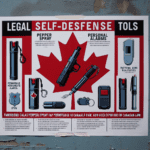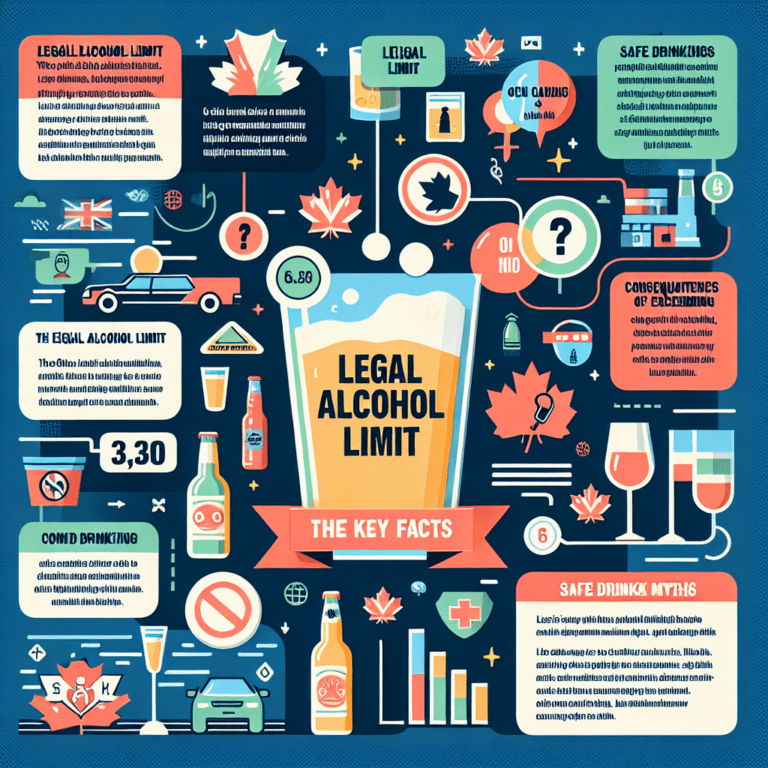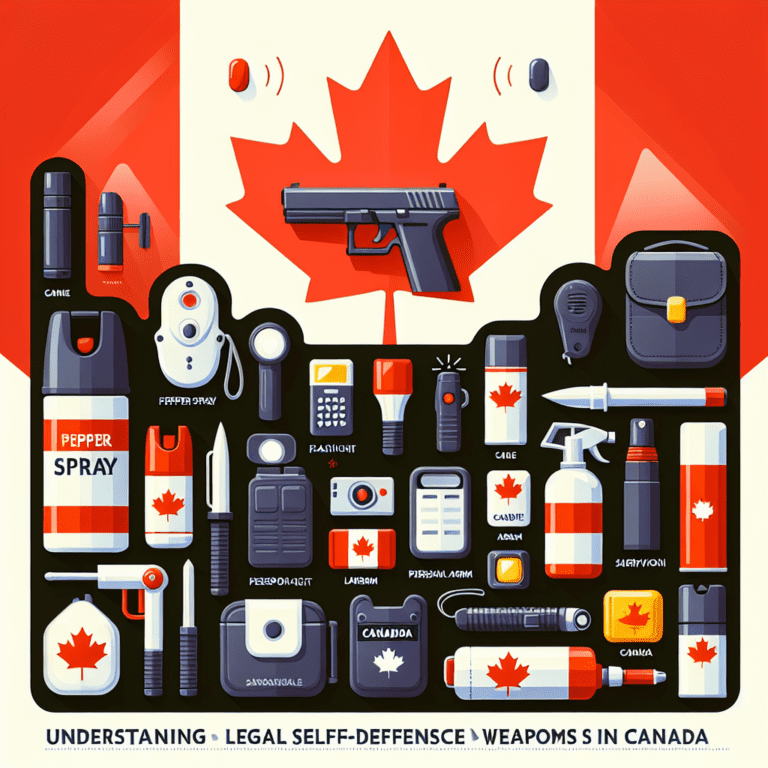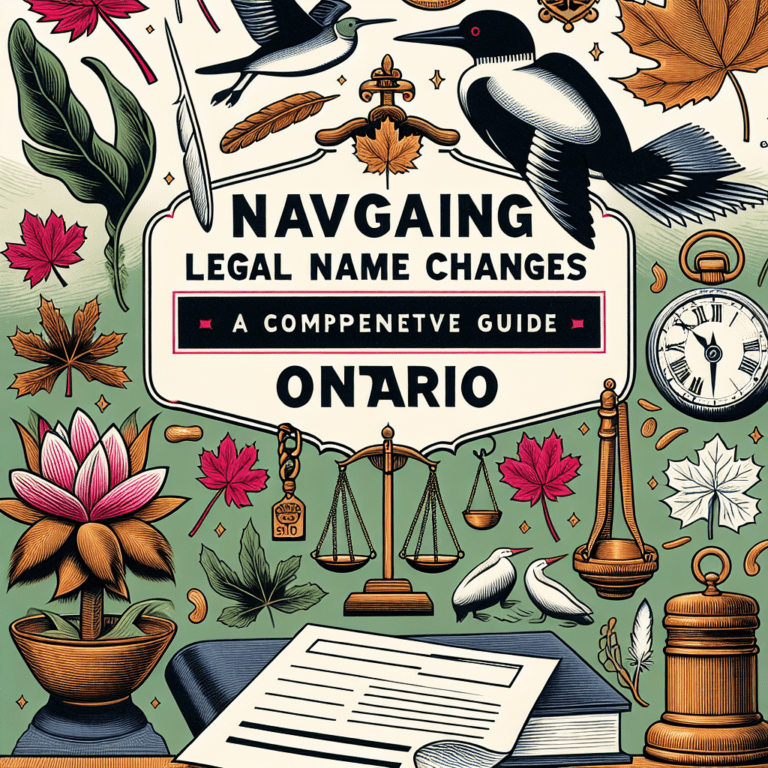Understanding the legality of batons in Canada is not just a matter of law; it’s about personal safety, community responsibility, and awareness in a complex legal landscape. Many individuals carry batons for self-defense, but the consequences of misuse can lead to severe legal repercussions. Navigating the nuances of Canadian law can feel overwhelming, especially when the stakes are high. This article aims to illuminate the legal framework surrounding batons in Canada, emphasizing key considerations for safe and legal carrying and usage.
The Legal Framework Surrounding Batons in Canada Explained
When delving into the legality of batons in Canada, it’s essential to understand the overarching legal framework that governs their possession and use. Under the Criminal Code of Canada, batons fall under the category of weapons, which can significantly impact how they are regulated. Specifically, Section 84 of the Criminal Code defines a weapon as anything used, designed to be used, or intended for use in causing injury or death to any person. This broad definition encompasses various types of batons, including expandable or telescopic versions, which can be considered prohibited weapons under specific conditions.
Furthermore, the classification of batons as prohibited or restricted weapons often depends on the context of their intended use. For instance, if a baton is carried solely for self-defense purposes, it may still be subject to scrutiny under self-defense laws. Canadian law recognizes the right to defend oneself; however, using excessive force can lead to legal challenges. Knowing whether a baton is legal to possess or carry hinges on its design and the user’s intentions, making it crucial for individuals to educate themselves before acquiring one.
The variations in provincial regulations can also complicate matters. Certain provinces may impose additional restrictions on the sale, carry, and use of batons, leading to a patchwork of laws that differ across the country. Local law enforcement agencies often have their interpretations of the regulations, which can further complicate the legal landscape. Thus, individuals must consult their provincial laws and, if needed, seek legal counsel to ensure compliance and avoid unintended legal troubles.
Key Considerations for Carrying and Using Batons Legally
When assessing the legal nuances of carrying and using batons in Canada, there are several critical considerations that individuals must keep in mind. First and foremost, understanding the circumstances under which a baton is deemed necessary is vital. Carrying a baton in public without a legitimate reason can lead to legal consequences, as individuals must demonstrate that the baton is needed for self-defense rather than simply for intimidation or aggression. The emphasis on intent highlights the importance of responsible ownership and the necessity of clear, justifiable reasons for carrying a baton.
Another important aspect to consider is the setting in which a baton is carried. Regulations can vary significantly between public spaces, private property, and specific events. For example, bringing a baton to a sporting event or demonstration could attract unwanted attention from law enforcement, potentially leading to charges related to public safety. Individuals must remain vigilant about their environment and ensure they are not inadvertently violating any local laws or regulations, as understanding context is essential to staying within legal boundaries.
Lastly, individuals need to be well-versed in the legal implications of using a baton in self-defense situations. Canadian law emphasizes proportionality when it comes to self-defense; thus, using a baton must be a measured response to a direct threat. Misusing a baton, or using it in a manner that could be perceived as excessive force, can lead to serious legal repercussions, including charges of assault or battery. Therefore, individuals considering carrying a baton should engage in training or education focused on effective self-defense practices, ensuring that they are prepared to act within the confines of the law.
Understanding the legality of batons in Canada is essential for anyone considering their use for personal safety. Being informed about the legal framework and the key considerations for carrying a baton can make a significant difference in ensuring compliance with the law and promoting safe practices. Before making any decisions, it is advisable to consult local regulations and, if necessary, seek legal advice to navigate this complex legal territory. By doing so, individuals can confidently carry batons, knowing they are protected under the law and prepared to respond appropriately in any situation. Engage with local law enforcement or community resources to gain further insights and ensure that you are well-equipped to make informed choices surrounding baton ownership and use.
Understanding Legal Self-Defense Weapons in CanadaUnderstanding Legal Paper Size: Dimensions and Uses ExplainedNavigating Legal Name Changes in Ontario: A Comprehensive GuideRelevant LinkRelevant LinkRelevant Link



















